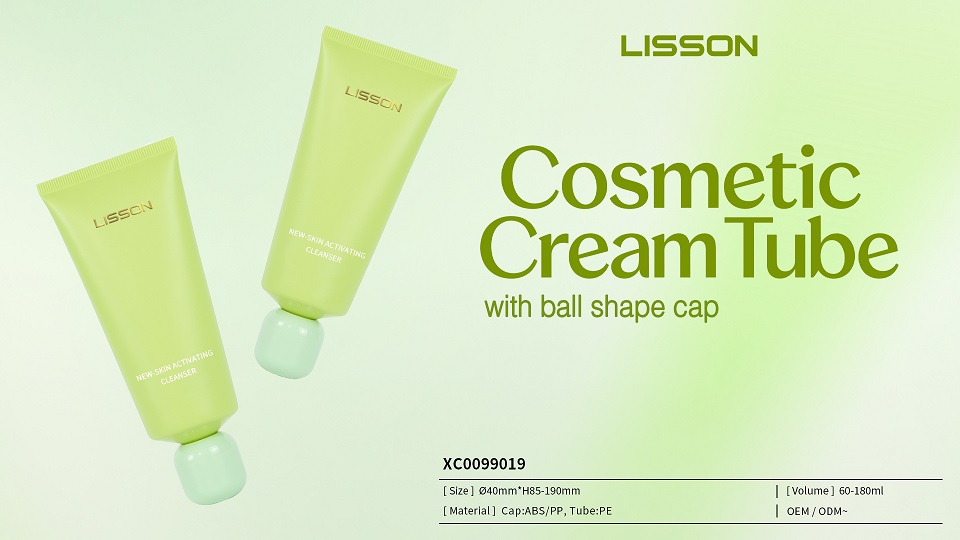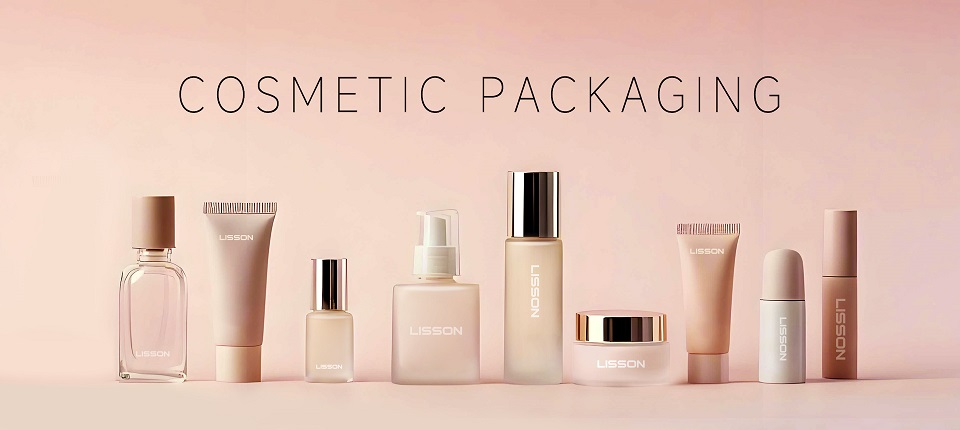The beauty industry continues to evolve rapidly, and packaging is at the forefront of this transformation. More than ever, consumers expect packaging to combine functionality, sustainability, and aesthetics. For brands, this means working closely with an experienced cosmetic packaging manufacturer to deliver innovation and value. In 2025, the rise of digital influence, eco-conscious choices, and personalization are reshaping how beauty brands present themselves. Leading companies such as the Lisson Group are driving these changes, offering new solutions that define the future of beauty packaging.
Eco-friendly practices are no longer a trend—they are a requirement. In 2025, brands are expected to adopt packaging solutions that minimize environmental impact. Materials like Post-Consumer Recycled (PCR) plastics, biodegradable alternatives, and refillable containers are being widely adopted.
A forward-thinking cosmetic packaging manufacturer now focuses on circular economy principles, designing packaging that can be reused, recycled, or repurposed. The Lisson Group, for example, has developed refillable jars and tubes, enabling beauty brands to reduce plastic waste while maintaining premium quality. For consumers, sustainable beauty packaging is a sign that a brand is aligned with their values.
Technology is redefining consumer interaction with beauty products. In 2025, smart packaging equipped with QR codes, NFC tags, or even augmented reality (AR) features is gaining momentum. By simply scanning a package, customers can access product tutorials, ingredient transparency, or exclusive promotions.
The Lisson Group has been exploring ways to integrate digital interactivity into beauty packaging, giving brands opportunities to build deeper connections with customers. A reliable cosmetic packaging manufacturer can design these advanced solutions while ensuring durability and ease of use. This trend bridges the physical and digital worlds, making packaging not just a container, but a communication tool.
Visual appeal remains essential, but the trend is shifting toward clean, minimalistic designs with luxurious finishes. Instead of overly complex graphics, brands are embracing simplicity—soft colors, sleek lines, and tactile elements that emphasize quality.
For instance, metallic accents, frosted finishes, and soft-touch coatings are becoming popular in beauty packaging. By partnering with a creative cosmetic packaging manufacturer, brands can achieve a sophisticated look while ensuring the practicality of the design. The Lisson Group is known for offering premium customization options, enabling beauty brands to elevate their image without sacrificing sustainability or cost efficiency.

Consumers are seeking products that feel unique to them. Packaging personalization—such as limited-edition prints, engraved designs, or customizable applicators—is emerging as a major trend in 2025.
A flexible cosmetic packaging manufacturer can provide tailored solutions that allow beauty brands to stand out in a crowded market. The Lisson Group offers advanced printing techniques and innovative structural designs that let brands personalize their beauty packaging. This trend not only enhances customer loyalty but also creates a sense of exclusivity.
Today’s consumers live busy, mobile lifestyles. As a result, travel-sized and multi-functional beauty packaging continues to grow in demand. Compact designs that are lightweight, spill-proof, and easy to carry are essential for modern beauty routines.
For example, dual-purpose applicators or packaging that combines two formulas in one container are gaining popularity. The Lisson Group has developed innovative tubes and airless pumps that make products more convenient to use on the go. A skilled cosmetic packaging manufacturer can adapt packaging to meet these changing lifestyle needs while keeping design and functionality in balance.
In 2025, inclusivity goes beyond shade ranges—it extends to packaging design. Easy-to-open lids, ergonomic applicators, and tactile labeling for the visually impaired are being integrated into beauty packaging.
The Lisson Group emphasizes accessible design as part of its innovation strategy. Partnering with a thoughtful cosmetic packaging manufacturer allows brands to serve a wider customer base, ensuring no consumer feels excluded from enjoying their favorite products.
Consumers still associate luxury with high-quality materials, but the definition of “premium” is changing. In 2025, premium means not only elegant and durable but also sustainable. Glass, aluminum, and recyclable plastics are being used to create upscale yet environmentally responsible beauty packaging.
The Lisson Group combines advanced decoration techniques with sustainable materials, ensuring that luxury brands can achieve a premium look without compromising eco-conscious goals. A reputable cosmetic packaging manufacturer can provide the technical expertise to merge elegance with responsibility.

The future of cosmetic packaging is dynamic, combining sustainability, technology, design, and personalization. In 2025, brands must carefully choose the right cosmetic packaging manufacturer to keep up with evolving consumer expectations. With innovations in eco-friendly solutions, smart packaging, and minimalist yet premium aesthetics, the industry is moving toward a future where packaging is as important as the product itself.
Companies like the Lisson Group are leading the way, offering flexible, innovative, and sustainable beauty packaging solutions that empower brands to stand out. By embracing these trends, beauty companies can not only appeal to modern consumers but also build stronger, more responsible, and more innovative brands for the years ahead.
 online service
online service +86-20-86889886
+86-20-86889886 lissontube@gzlisson.com
lissontube@gzlisson.com +8615099958531
+8615099958531